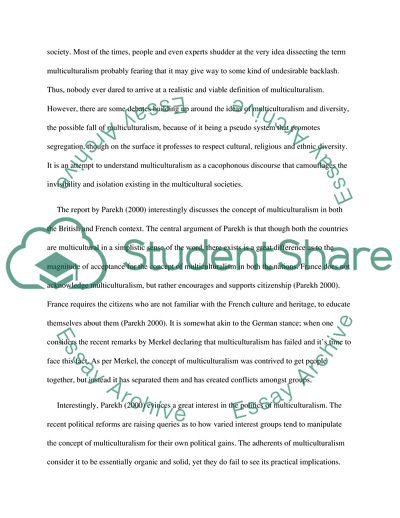Cite this document
(Multiculturalism Promotes Social Segregation Coursework - 1, n.d.)
Multiculturalism Promotes Social Segregation Coursework - 1. https://studentshare.org/philosophy/1752462-multicultralism-promotes-social-segregation-discuss
Multiculturalism Promotes Social Segregation Coursework - 1. https://studentshare.org/philosophy/1752462-multicultralism-promotes-social-segregation-discuss
(Multiculturalism Promotes Social Segregation Coursework - 1)
Multiculturalism Promotes Social Segregation Coursework - 1. https://studentshare.org/philosophy/1752462-multicultralism-promotes-social-segregation-discuss.
Multiculturalism Promotes Social Segregation Coursework - 1. https://studentshare.org/philosophy/1752462-multicultralism-promotes-social-segregation-discuss.
“Multiculturalism Promotes Social Segregation Coursework - 1”. https://studentshare.org/philosophy/1752462-multicultralism-promotes-social-segregation-discuss.


